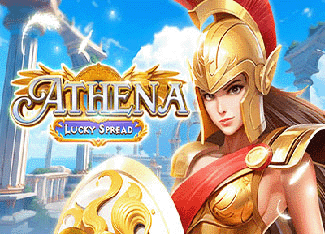IDR
Layanan Customer
Layanan Product

Permainan Terlengkap dalam seluruh platform
Lisensi Game

lisensi Resmi & Aman oleh PAGCOR
Layanan Member
Tambah Dana
Waktu
Menit
WITHDRAW
Waktu
Menit
Sistem Pembayaran

ONLINE

ONLINE

ONLINE

ONLINE

ONLINE

ONLINE

ONLINE

ONLINE

ONLINE

ONLINE

ONLINE

ONLINE

ONLINE

ONLINE

ONLINE

ONLINE

ONLINE

ONLINE

ONLINE

ONLINE

ONLINE
POMPA88 - LOGIN ALTERNATIF PALING HOT 2024
Bagi penggemar yang mencari daftar situs game mudah menang tentunya akan sangat terbantu apabila kegiatan bermain game dapat di lakukan secara online. Beberapa keraguan itu seperti apakah agen game tersebut resmi, akankah saldo kemenangan dapat di penarikan dan lain sebagainya. Pada kali ini pompa88 akan memberikan beberapa hal untuk menghilangkan keraguan para penggemar game, karena disini pompa88 sebagai agen game resmi yang sudah ada sejak bertahun-tahun. Member kami juga sudah membuktikan ketika mereka bermain di pompa88 mereka merasa permainan lebih seru serta game mudah menang juga dapat di adu dengan agen lainnya.







































